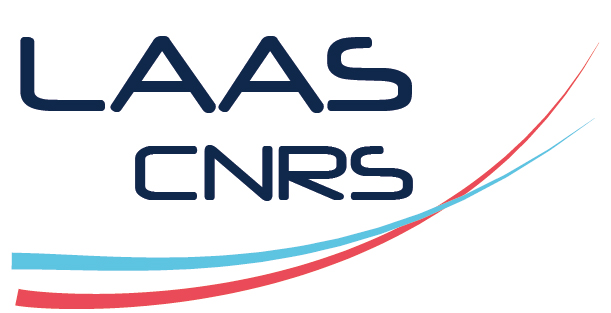Automated bio-AFM generation of large mechanome data set and their analysis by machine learning to classify cancerous cell lines
Génération automatisée d'un grand ensemble de données mécanomiques bio-AFM et leur analyse par machine learning pour classer les lignées cellulaires cancéreuses
Résumé
Mechanobiological measurements have the potential to discriminate healthy cells from pathological cells. However, a technology frequently used to measure these properties, i.e., atomic force microscopy (AFM), suffers from its low output and lack of standardization. In this work, we have optimized AFM mechanical measurement on cell populations and developed a technology combining cell patterning and AFM automation that has the potential to record data on hundreds of cells (956 cells measured for publication). On each cell, 16 force curves (FCs) and seven features/FC, constituting the mechanome, were calculated. All of the FCs were then classified using machine learning tools with a statistical approach based on a fuzzy logic algorithm, trained to discriminate between nonmalignant and cancerous cells (training base, up to 120 cells/cell line). The proof of concept was first made on prostate nonmalignant (RWPE-1) and cancerous cell lines (PC3-GFP), then on nonmalignant (Hs 895.Sk) and cancerous (Hs 895.T) skin fibroblast cell lines, and demonstrated the ability of our method to classify correctly 73% of the cells (194 cells in the database/cell line) despite the very high degree of similarity of the whole set of measurements (79–100% similarity).

